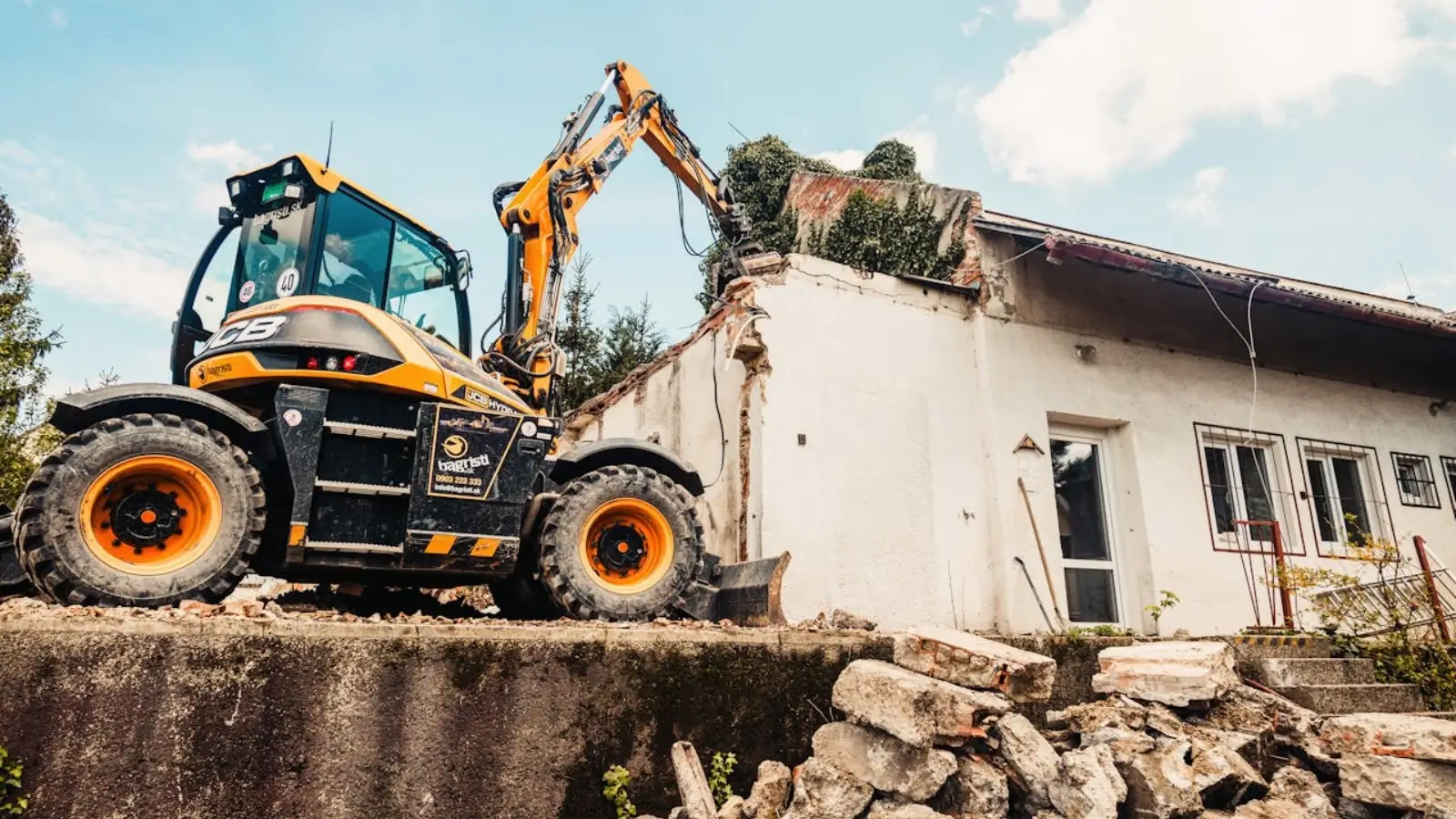


Urban renewal is a critical aspect of city development and regeneration. It involves replacing the outdated structures of the past with modern, efficient, and aesthetically pleasing environments. In Brisbane, a city known for its vibrant culture and booming economy, urban renewal is a continuous process that shapes the city's future. The initial step in this transformation often begins with demolition in Brisbane.
Urban renewal is more than just the restructuring of urban areas; it's about revitalising communities and fostering sustainable growth. Brisbane’s urban renewal initiatives have been aiming to preserve the city's character while promoting innovation. The process typically includes the construction of new housing, commercial spaces, and the enhancement of public amenities – all of which commence after the necessary demolitions take place.
Demolition services are at the forefront of this urban renewal process. They play a pivotal role in the removal of structures that are no longer fit for purpose, ensuring that new projects commence on a clean slate. Demolishing old buildings is a complex task, requiring a balance between speed, safety, and consideration for the surrounding environment.
Professional demolition services ensure that all materials are disposed of responsibly and that the work is conducted within all regulatory guidelines. They are skilled in various techniques ranging from manual demolition to mechanical methods, such as using cranes, bulldozers, and excavators.
The cityscape of Brisbane is a testament to the transformative power of demolition in its ongoing urban renewal. The removal of dilapidated structures not only makes way for new developments but also reduces urban blight and improves public safety. The spaces left behind by demolition are seeds for potential growth, and areas once seen as run-down are now opportunities for community development and revitalisation.
When it’s about reshaping the very contours of Brisbane, demolition companies are acutely aware of the historical and cultural significance of the sites they work on. Rigorous assessments are made to ensure that any demolition is justified and that the future of the space is beneficial to the city's landscape.
Urban demolition comes with its own set of challenges. It involves working in tight, constrained spaces common in populous cities, requires adherence to strict regulations, and necessitates minimising disruption to nearby residents and businesses. Expert demolition teams manage these challenges by implementing controlled and strategic planning to maintain the integrity of the city during such transitions.
Safety is another significant concern during demolition. The overarching objective of demolition contractors is to protect workers, bystanders, and adjacent properties from harm. This is achieved through meticulous planning and the adoption of best practices designed to mitigate risks.
Environmental sustainability is a key concern in modern urban renewal, including when it comes to demolition. Responsible service providers in this sector adhere to eco-friendly practices by recycling materials, reducing waste, and avoiding any unnecessary damage to the environment.
In Brisbane, demolition activities are governed by robust laws and regulations aimed at ensuring public safety and preserving the environment. Demolition companies are required to obtain the appropriate permissions and to follow a range of codes of practice that govern demolition processes.
Once the demolition phase is completed, the cleared sites become the cornerstone for new developments. These spaces can be transformed into multifunctional urban centres, residential complexes, parks, or cultural entities—each adding value to Brisbane's urban fabric.
With demolition paving the way, Brisbane is able to incorporate sustainable and innovative designs into these new constructions, representing the city's commitment to a bright and progressive future.
Urban renewal, facilitated by demolition processes, can lead to significant economic benefits. It has the potential to create jobs, both during construction and in the long-term operations of the new establishments. Revitalised areas also tend to attract more businesses and tourists, boosting local economies and creating a more dynamic urban core.
The beneficial cycle initiated by the tearing down of old buildings continues as the new spaces generate revenue, increase property values, and encourage further investments, confirming the vitality of demolition in Brisbane’s ongoing urban evolution.
Demolition is an inevitable and essential part of urban renewal. In Brisbane, this initial phase of redevelopment is seen as a positive shift towards a more vibrant and sustainable city. The process involves more than the mere tearing down of structures; it underpins the city's capacity to adapt to new demands, technologies, and an evolving population.
As Brisbane continues to grow and change, demolition services will remain critical to create the space necessary for innovative development and improvement. With each building brought down, there is the promise of new life and a new beginning, signalling progress and the unceasing commitment to urban renewal in the heart of Queensland.